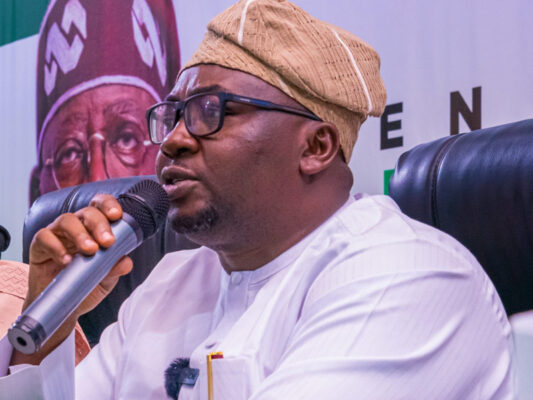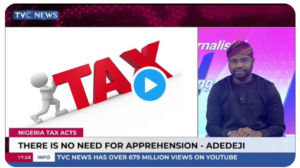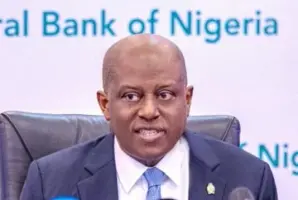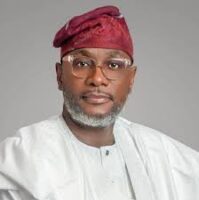Minister of Power, Chief Adebayo Adelabu, has announced that the Federal Government’s strategic reforms in the electricity sector are already delivering tangible results, including the historic synchronisation of Nigeria’s grid with the wider West African network and the attraction of over $2 billion in new investments.
Speaking on Thursday at PwC’s Annual Power and Utilities Roundtable 2025 in Lagos, themed “Nigeria’s Multi-Tier Electricity Market: Imperatives for Successful Evolution,” Chief Adelabu described the ongoing reforms as a decisive shift from a single national market to a “dynamic, multi-tier federation of markets,” enabled by the Electricity Act 2023.
“Under the Renewed Hope Agenda of President Bola Ahmed Tinubu, the Nigerian power sector has entered a new phase defined by decentralization, liberalization, and a move from a single national market to a multi-tier, multi-actor electricity ecosystem,” the Minister said.
He explained that this decentralized approach “enhances efficiency and competition, enables state-specific solutions, attracts greater investment, and improves reliability,” highlighting early successes in states such as Lagos and Enugu, where subnational energy strategies are opening new opportunities for local development.
Chief Adelabu presented a series of achievements that underscore the impact of the government’s interventions. A landmark milestone is Nigeria’s first-ever successful synchronization with the West African Power Pool (WAPP), which linked all 14 member countries for over four hours, marking a significant step toward a fully integrated regional electricity market.
The Minister also pointed to the sector’s improved financial performance, reporting a 70 percent revenue increase in 2024 and a reduction of government liabilities by NGN 700 billion, driven by efforts to move the industry toward full commercialization.
Read Also
READ ALSO: Adelabu Offers Financial Relief To Victims Of Ibadan Circular Road Project
To expand electricity access, the Federal Government mobilized N700 billion from the Federation Account Allocation Committee (FAAC) to fund the Presidential Metering Initiative (PMI), designed to close the nation’s metering gap.
This initiative is complemented by a $500 million DISREP fund from the World Bank, enabling the procurement and deployment of millions of new meters.
Operational capacity is on the rise, with installed generation capacity increasing from 13GW to 14GW. Notably, Nigeria recorded an all-time generation peak of 5,801.44 MW and a maximum daily energy output of 128,370.75 MWh on March 4, 2025.
Other significant accomplishments include the activation of electricity markets in 15 states, the introduction of a National Integrated Electricity Policy after 24 years, and the attraction of more than $2 billion in fresh investments to expand power access nationwide.
Acknowledging ongoing challenges such as regulatory overlap, aging infrastructure, and liquidity constraints, Chief Adelabu assured stakeholders that the Ministry is addressing these issues through coordinated engagements, capacity building, and strengthened public-private partnerships.
Concluding his address, the Minister emphasized that the transition to a multi-tier electricity market “is not optional, it is necessary,” urging industry stakeholders to “think boldly, challenge assumptions, and generate solutions” to create a decentralized, competitive, and inclusive power sector for Nigeria.





